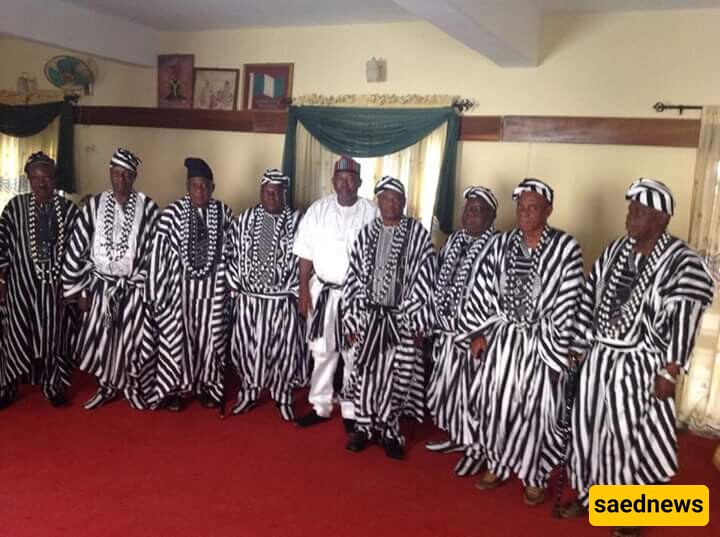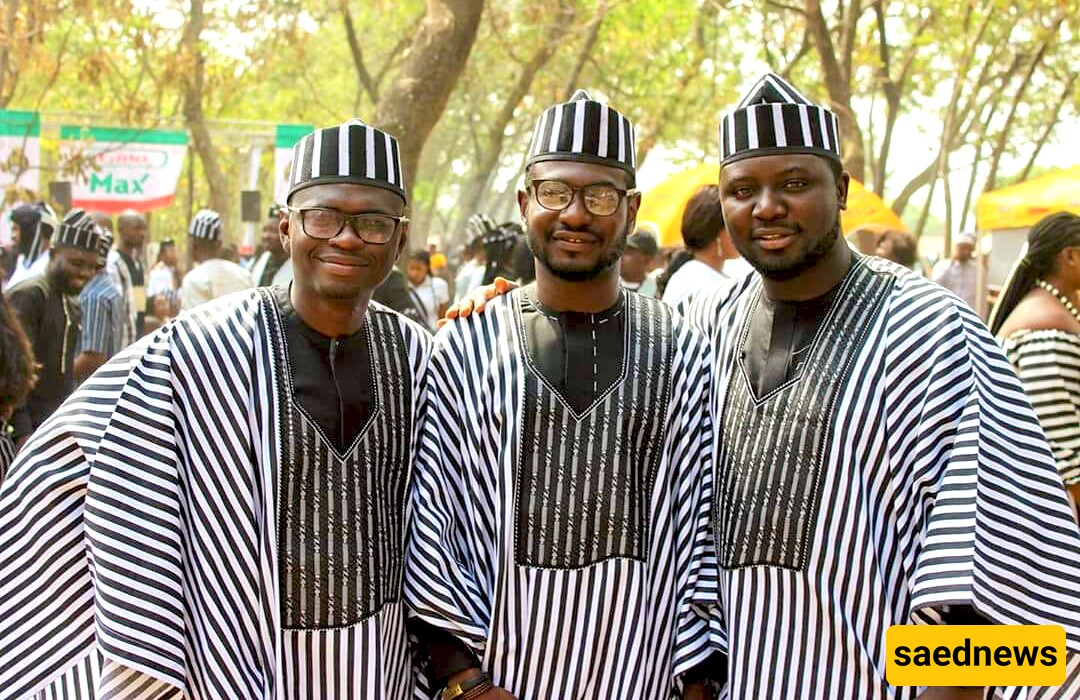SAEDNEWS: The Tiv people of Nigeria’s Middle Belt are known for their rich cultural heritage, strong community bonds, and agricultural lifestyle. This article explores the history, customs, and challenges faced by the Tiv community.

According to SAEDNEWS, the Tiv people, one of Nigeria’s prominent ethnic groups in the Middle Belt region, are primarily found in Benue State and surrounding areas. With a population exceeding five million, they are celebrated for their vibrant traditions, farming expertise, and distinctive language. The Tiv’s culture, deeply rooted in their heritage, continues to thrive in Nigeria today, offering a window into the values and practices of this resilient community.
The Tiv trace their lineage to an ancestor named Takuruku, whose leadership is credited with guiding them to their current lands in the Benue Valley. Oral histories suggest that the Tiv migrated from central Africa centuries ago, settling in this fertile region. As skilled farmers, the Tiv built their society around agriculture, with customs and practices that reflect this heritage.
Their language, Tiv, is central to their identity and helps unify their communities across various regions. Though they coexist with neighboring groups like the Idoma and Igede, the Tiv have preserved unique cultural practices passed down over generations.
Tiv society revolves around family and kinship, with a social organization based on lineage and clan connections. The family unit, or “tar,” is central to Tiv life, further divided into sub-clans and extended families. Elders lead the clans, guiding the community and serving as mediators in disputes.
Marriage is highly valued in Tiv culture, with customs centered on respect, dowry exchanges, and family alliances. Though polygamy has historically been accepted, it is gradually becoming less common. Marriages are seen as uniting families, extending beyond the individuals to strengthen clan ties.

Agriculture is at the heart of Tiv life, as most families engage in farming for both sustenance and trade. Yams, a staple crop, hold cultural significance as symbols of prosperity. Other crops like cassava, maize, and millet are also widely cultivated and traded.
In addition to farming, Tiv people are skilled in weaving, basket making, and pottery, crafts often passed down through generations. While livestock rearing is less common than farming, it also contributes to their economy. These activities support the self-sufficiency and sustainability of Tiv communities.
Historically, the Tiv followed animistic beliefs, worshipping a supreme god known as Aondo, the creator of the universe, and honoring nature spirits and ancestors. Today, Christianity has become the primary religion, with many churches established in Tiv areas. Nevertheless, traditional beliefs continue to influence their spiritual practices, sometimes blending with Christian rituals.

Music and dance are integral to Tiv culture, symbolizing their values, beliefs, and history. Tiv music, known for its vibrant rhythm, incorporates instruments like the kakaki (long trumpet), drums, and flutes. Dance, particularly the Swange, is central to festivals and ceremonies, showcasing the Tiv’s unique cultural identity.
Festivals play an essential role, celebrating farming cycles, community milestones, and historical figures. These gatherings unite the Tiv people, fostering cultural pride and community cohesion.
T with neighboring groups, affecting the Tiv’s economy and security.
Despite these obstacles, the Tiv people remain dedicated to preserving their heritage. Efforts are underway to document and sustain their traditions, helping future generations stay connected to their cultural roots.
The Tiv of Nigeria represent a legacy of tradition, resilience, and cultural pride. While they adapt to modern changes, their commitment to maintaining their heritage stands as a testament to their strength. Their agricultural practices, family-focused society, and rich cultural expressions underscore the Tiv people’s vital role in Nigeria’s diverse cultural landscape.

